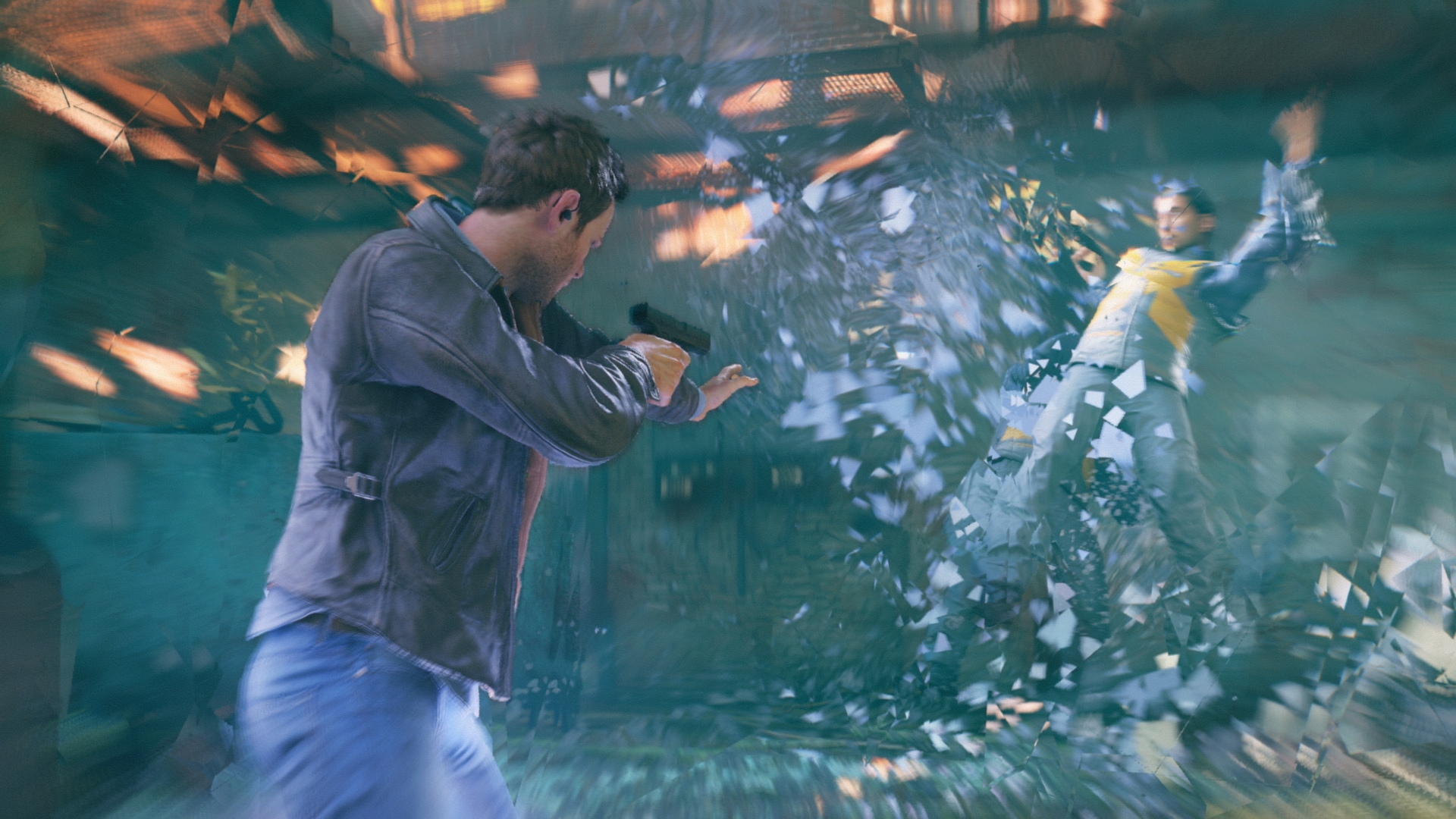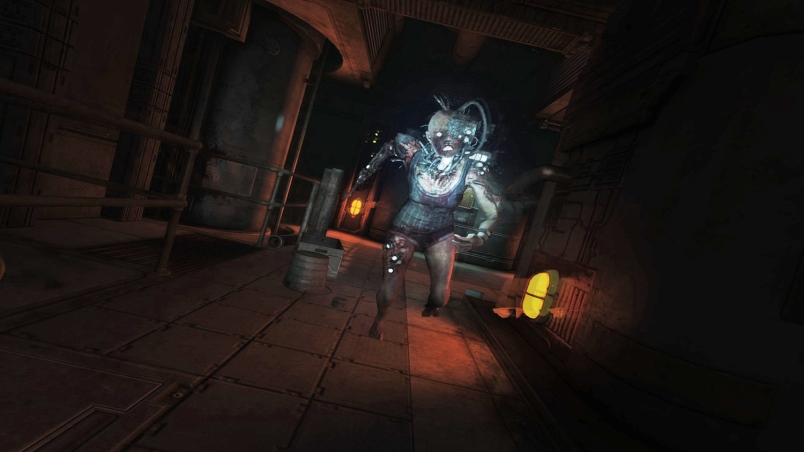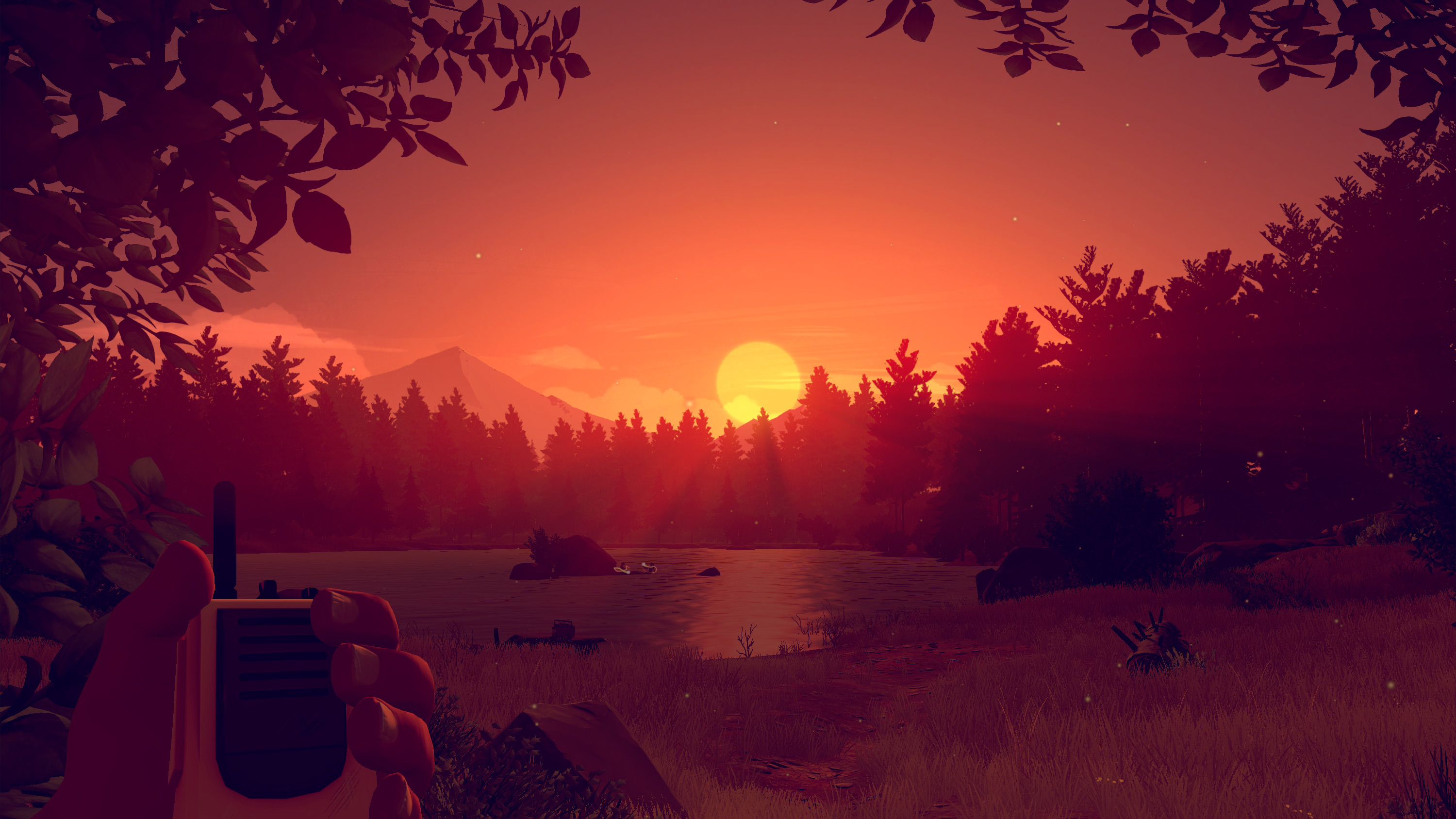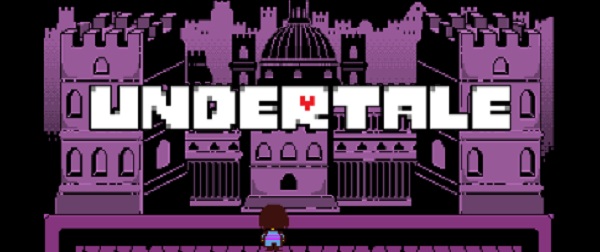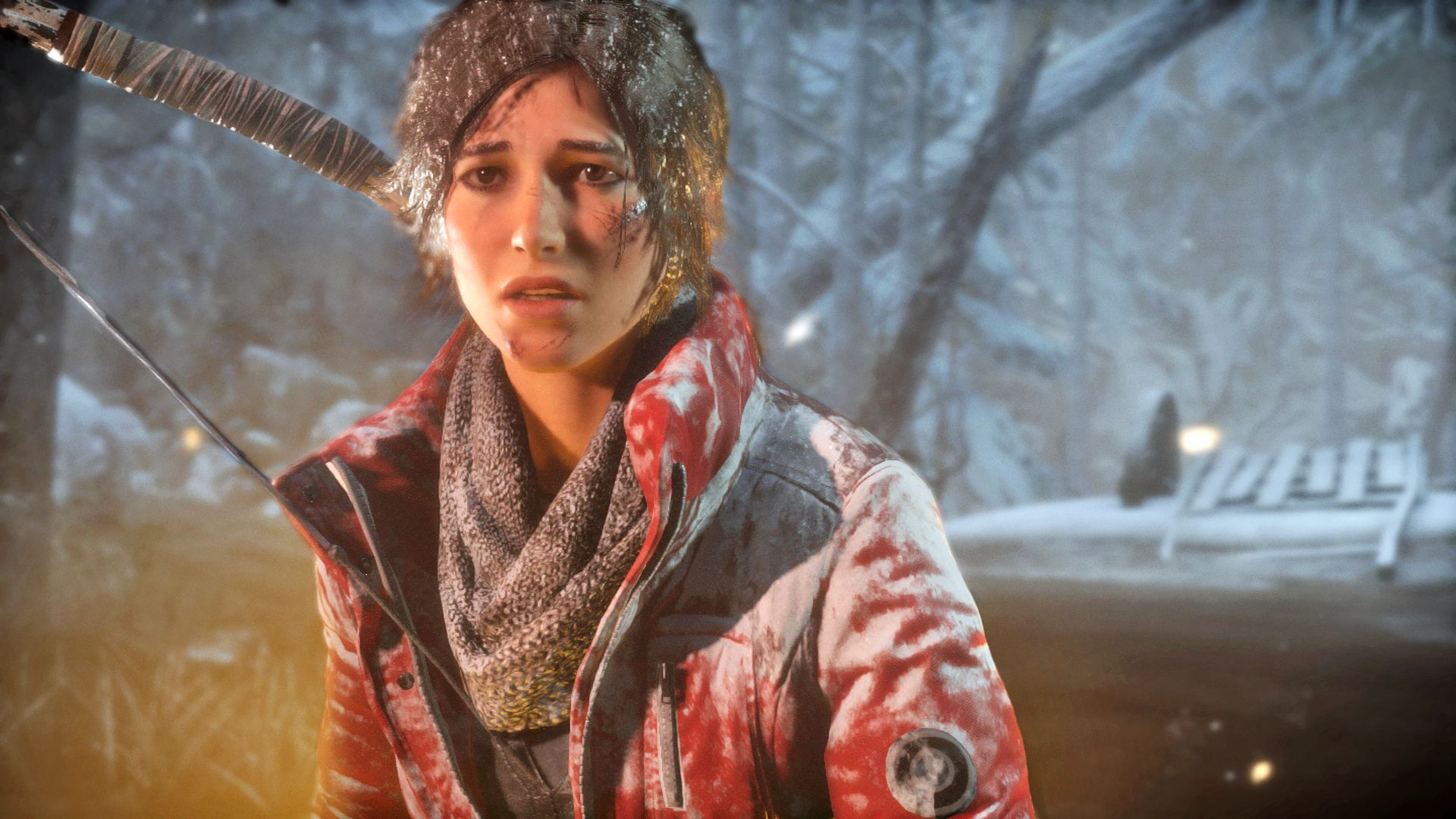Quantum Break is a highly-experimental, groundbreaking attempt to fuse the worlds of video games and television. It’s not the first time that some sort of synthesis was attempted; just three years ago Syfy and Trion Worlds tried a similar thing with TV show/video game project Defiance. However, Microsoft and Remedy Entertainment’s Quantum Break really goes all-in on the connection between the two by packaging them together and placing the episodes at particular points in the game’s narrative.
The result is far more effective than I expected going in. While the episodes occasionally feature awkwardly-written dialogue and have trouble introducing the show’s central characters mid-narrative, later episodes are very engaging, and the production values and aesthetic are roughly what you would expect to see in a Fox TV show. The two mediums are used to inform each other in some really cool ways. While somebody could play the game without watching the episodes and still follow the events and character motivations, playing it with the episodes lends a lot of extra insight and depth to the proceedings. Certain moments are far more significant because of the background information gleaned from the TV show.
